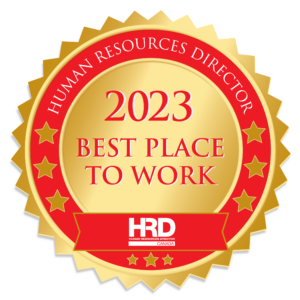Doug Harvey
In high school and university I was involved with environmental issues through student groups. Shortly after university, I got a job as a technologist and it included a focus on the environment. The main focus of my work was the development of new techniques to improve production and minimize environmental impacts. The position lasted ten years and was the beginning of my career in pollution control. I continued to build experience in the field of pollution control with a position as a Laboratory Technician for the local region. Most of my duties involved sampling and analysis of drinking water. I left this position for my present job as a Pollution Abatement Field Officer for a large urban centre.
Along the way, I have gathered valuable insight from courses at local colleges and organizations. During my twelve years in pollution control I have taken training in occupational health and safety, spills to sanitary sewers, industrial unit processes, sampling and monitoring, trenching and shoring and environmental law. I have also attained my Class 2 Environmental License certification from the Ministry of the Environment. This program gives a level of competence in our field. Learning is life long and the best way to stay on top of new techniques in this area is to interact with other experts to solve problems.
One of my major activities is the rapid response to toxic spills in an urban environment. It’s exciting to work and you can learn a great deal from each spill response. Besides taking courses I regularly attend several conferences each year to see the new equipment and hear the latest techniques for pollution control. Environmental compliance is becoming a cost of doing business. This will result in more companies hiring pollution control technologists to help align the best management practices of the company with the environmental regulations. Future employment opportunities are very good for people who have a degree in chemistry and are able to work in emergency situations.
Employment can be found with environmental, spill response and engineering companies as well as the government. If you are looking for a fast-paced, exciting career, this is it. The work is similar to fire fighting and it can be physically demanding. We respond to all types of spills including chemical fires because the wastewater from the fire hoses has to be controlled so that it does not enter the sewer system or the natural environment. There will always be a need for this type of work so consider joining the pollution control profession. When I am not responding to emergency environmental situations I spend my office time on the computer and interacting with the other people in my department.
Negotiating and interpersonal skills are important to establishing a good working relationship with other professionals, colleagues, politicians and the public. My daily activities often include monitoring for environmental compliance, enforcement of the sewer use bylaw, correspondence regarding environmental issues, agreement negotiations and emergency response. I normally work a regular eight-hour day though I am on a twenty-four-hour emergency call. It’s not only expensive to clean up a spill it’s also damaging to the environment. You need to respond quickly and know what to do for each situation.
Often this can only be learned through years of experience. My contribution to the environment is the knowledge I have accumulated in this area and the emphasis I place on mentoring others. As I move into more of a management role in the future the expertise I have to share will make a positive impact on pollution control.

